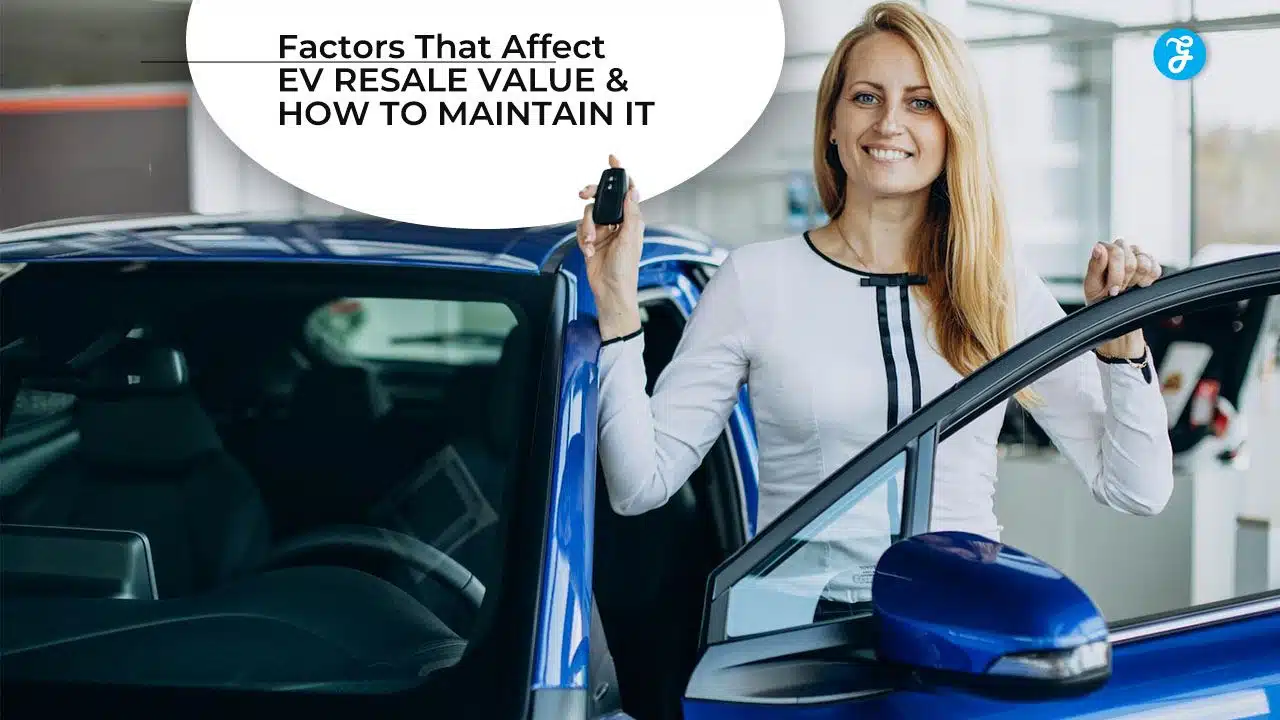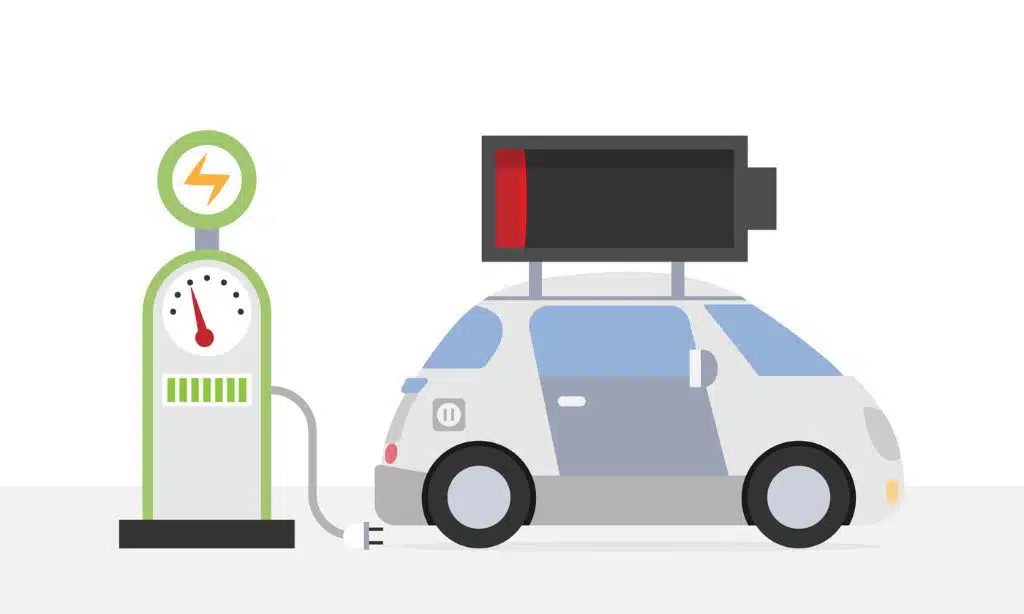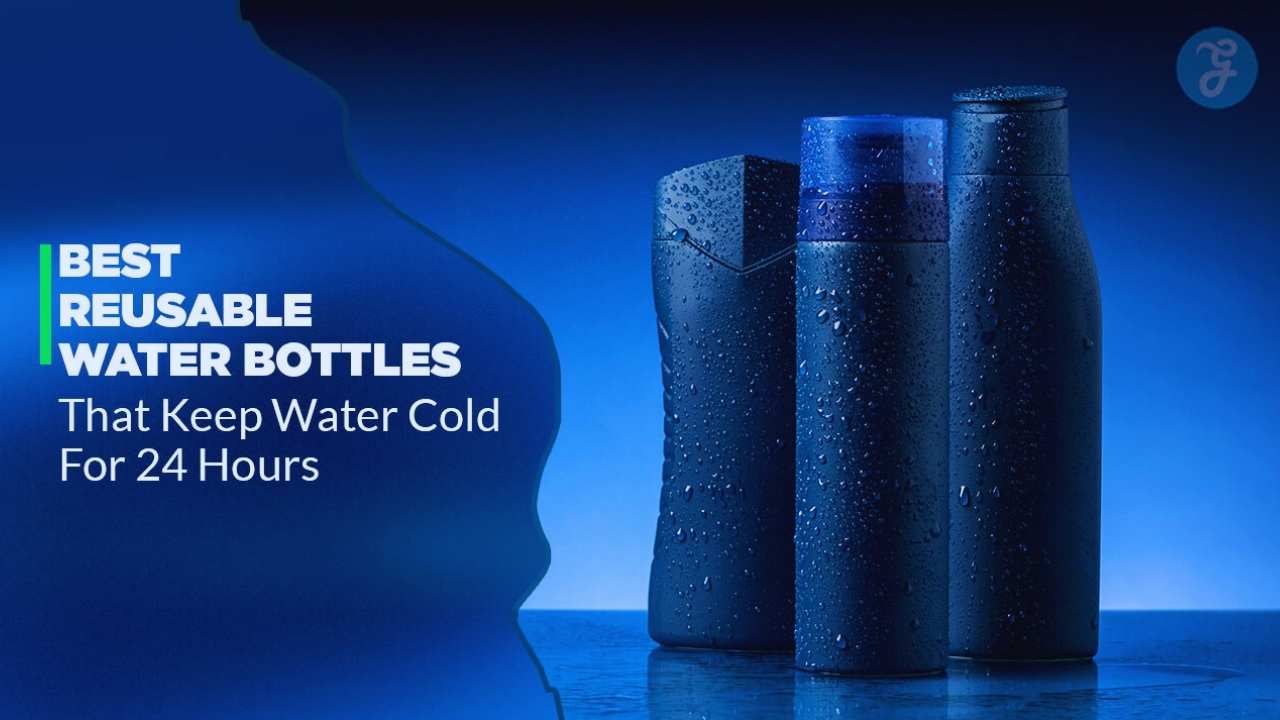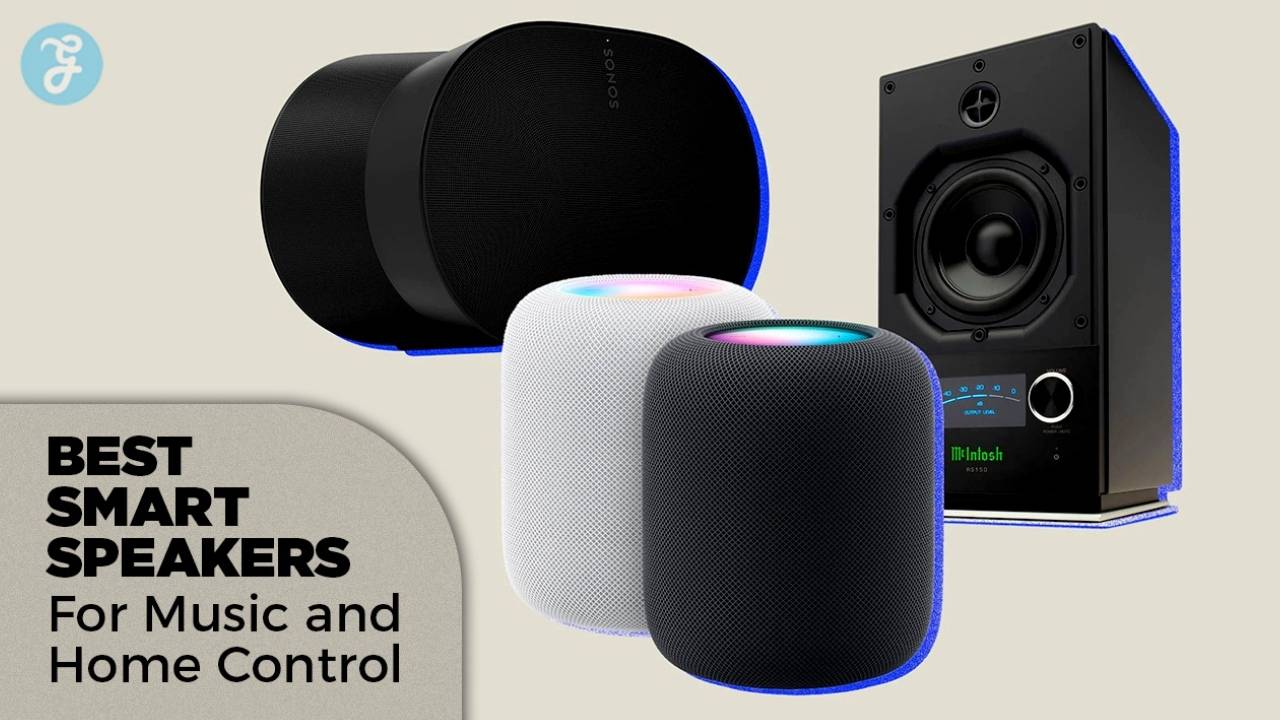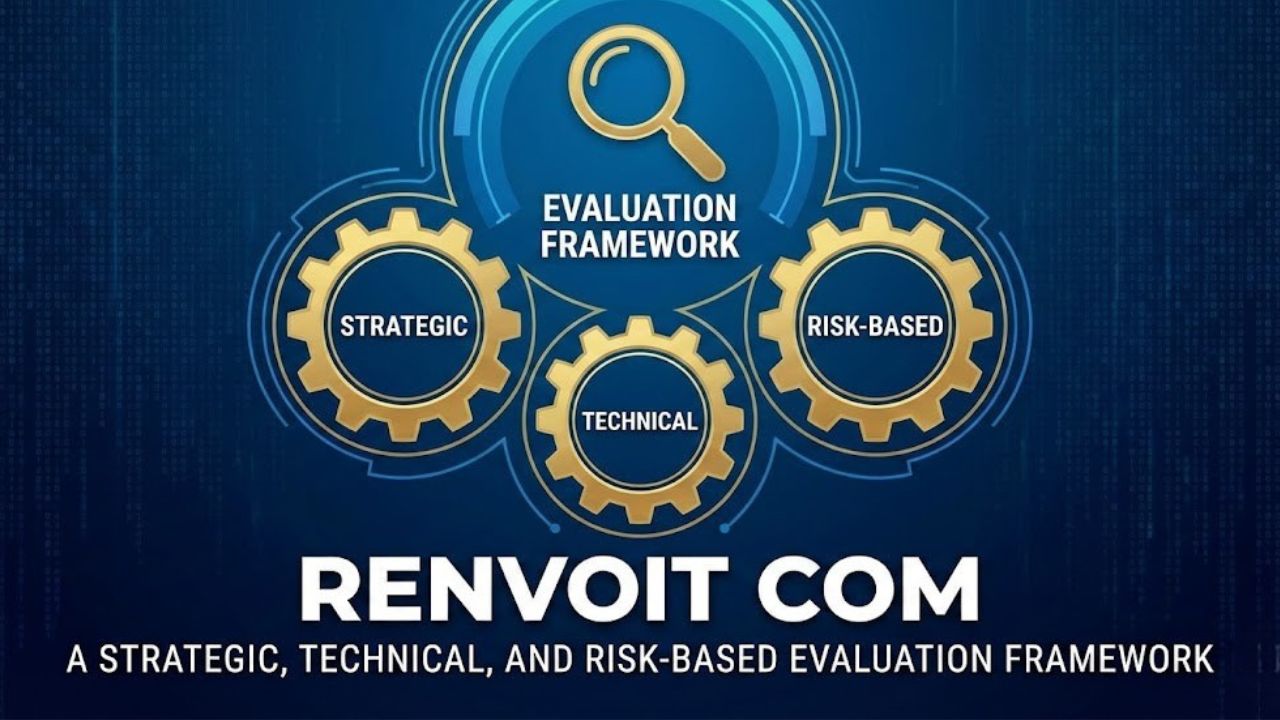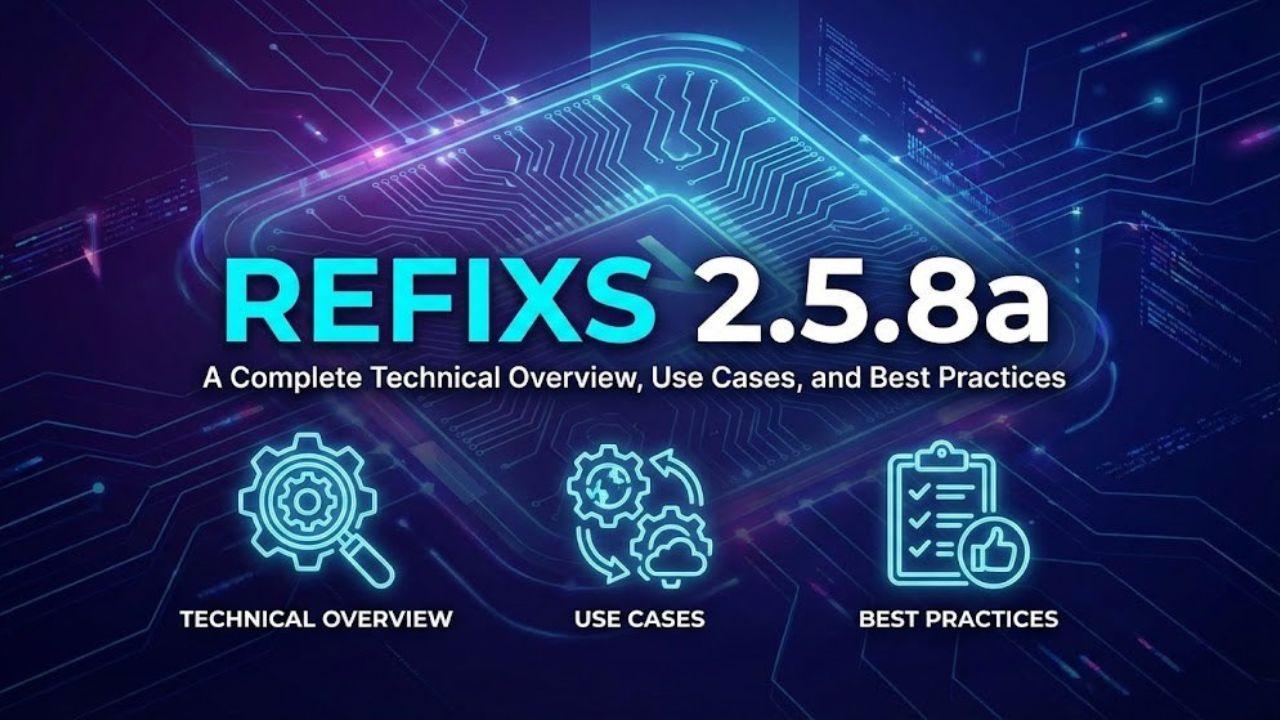Electric vehicles (EVs) have shifted the automotive landscape, offering eco-friendly alternatives to traditional gas-powered cars. As more drivers embrace EVs, understanding their resale value becomes critical for current owners and prospective buyers alike. Unlike conventional vehicles, the resale value of an EV depends on factors like battery health, technology updates, and even government incentives.
For EV owners, maintaining resale value isn’t just about keeping the car in good condition—it’s about staying informed on industry trends, optimizing usage, and making strategic decisions. This article delves deep into the eight factors that impact EV resale value, along with actionable tips to maximize it. Whether you’re planning to upgrade your EV or simply want to protect your investment, this guide provides everything you need to know.
1. Battery Health and Longevity: The Foundation of EV Value
Why Battery Health Is Crucial
The battery is the lifeblood of any EV and its most expensive component. Degradation over time affects the vehicle’s range and performance, significantly reducing its resale appeal.
Signs of Battery Degradation
- Reduced driving range.
- Longer charging times.
- Inconsistent battery performance.
Tips to Preserve Battery Life
- Follow Smart Charging Practices: Avoid overcharging (charging to 100%) and deep discharging (below 20%). Most manufacturers recommend maintaining a charge level between 20% and 80%.
- Limit Fast Charging: Fast chargers are convenient but can cause battery wear over time. Use Level 2 chargers for daily use.
- Control Exposure to Extreme Temperatures: Hot and cold environments can degrade battery health. Park in shaded or temperature-controlled areas when possible.
- Monitor Battery Health Regularly: Use diagnostic tools or apps to check battery performance and take proactive steps if issues arise.
Battery Warranty Insights
Most EV manufacturers offer warranties covering 8–10 years or 100,000 miles for battery health. Highlighting a valid warranty when selling can enhance buyer confidence and resale value.
2. Range and Efficiency: A Buyer’s Top Concern
Why Range Matters
Driving range is one of the first factors potential buyers consider when evaluating an EV. Models with longer ranges are generally more desirable, as they reduce range anxiety—a common concern among EV owners.
Maximizing Range Efficiency
- Adopt Efficient Driving Habits: Avoid rapid acceleration and braking, which drain the battery faster.
- Reduce Energy Consumption: Limit the use of high-energy features like air conditioning or heating when not necessary.
- Maintain Proper Tire Pressure: Under-inflated tires increase resistance and energy use, negatively affecting range.
Comparison of Popular EV Ranges (2024)
| Model | Range (Miles) | Resale Value Retention (%) |
|---|---|---|
| Tesla Model 3 | 272–358 | 70–80% |
| Hyundai Ioniq 5 | 220–303 | 65–75% |
| Chevrolet Bolt EV | 259 | 60–70% |
| Ford Mustang Mach-E | 224–312 | 60–70% |
| Nissan Leaf | 150–212 | 55–65% |
3. Technology and Features: Keeping Your EV Competitive
Why Technology Drives Value
EVs are as much about innovation as they are about transportation. Buyers are drawn to advanced safety, infotainment, and driver-assistance features. Vehicles with outdated technology often lose their edge in the resale market.
Staying Technologically Relevant
- Regular Software Updates: Many EV manufacturers, like Tesla, provide over-the-air updates that enhance performance and add new features.
- Upgrade Features When Possible: Retrofitting upgrades, such as advanced driver-assistance systems (ADAS), can help your EV stay competitive.
- Highlight Unique Features: When selling, emphasize advanced tech like autonomous driving capabilities, mobile app integration, and state-of-the-art infotainment systems.
4. Brand Reputation: Trust and Demand Drive Resale Value
Why Brand Matters
The brand’s reputation for reliability, innovation, and customer support significantly impacts resale value. For instance, Tesla consistently ranks higher in resale value retention due to its market leadership and technological edge.
Top Brands for EV Resale Value (2024)
| Brand | Average Resale Value Retention (%) | Key Strengths |
|---|---|---|
| Tesla | 70–80% | Range, charging network, updates |
| Hyundai/Kia | 65–75% | Affordability, warranties |
| BMW | 60–70% | Luxury, performance |
| Rivian | 65–75% | Innovation, off-road capability |
How to Leverage Brand Reputation
- Choose EV brands with proven track records and strong resale performance.
- Research customer satisfaction surveys and market trends.
5. Government Incentives and Regional Policies
Why Incentives Influence Resale Value
Government policies that offer subsidies or tax credits for new EVs can lower the demand for used ones. However, in areas with limited incentives, pre-owned EVs may fetch higher prices.
Adapting to Incentives
- Understand Local Policies: Some regions offer transferable tax credits for used EVs, which can be a selling point.
- Emphasize Incentive Benefits: When selling, inform buyers about available regional benefits or perks.
6. Mileage and Usage Patterns
Why Mileage Matters
Like traditional vehicles, EVs with higher mileage generally have lower resale values. However, how the vehicle was used (e.g., consistent short trips vs. long commutes) also plays a role.
Maintaining Value Through Usage
- Limit Annual Mileage: Keep your mileage in line with average annual usage (around 12,000–15,000 miles).
- Provide Maintenance Records: A well-documented service history can reassure buyers about the vehicle’s condition.
- Avoid Excessive Wear: Drive smoothly and follow proper maintenance schedules to avoid undue strain on components.
7. Charging Infrastructure and Compatibility
Why Charging Networks Matter
The availability and compatibility of charging stations impact buyer confidence. EVs that support multiple charging networks or come with adapters have an edge in the resale market.
How to Enhance Charging Appeal
- Invest in Charging Adapters: Ensure compatibility with different charging networks, such as CCS or CHAdeMO.
- Highlight Home Charging Options: Include information about home charging setups, like a Level 2 charger, when marketing your EV.
- Mention Fast-Charging Capability: Buyers often prefer EVs compatible with fast-charging stations.
8. Condition and Maintenance: First Impressions Matter
Why Condition Is Key
The physical and mechanical state of your EV heavily influences its resale value. Dents, scratches, and a neglected interior can deter buyers and lead to lower offers.
How to Maintain Excellent Condition
- Protect the Exterior: Wash and wax regularly to prevent paint damage.
- Keep the Interior Clean: Regularly vacuum and condition upholstery to maintain a fresh appearance.
- Fix Minor Issues: Address scratches, dents, or worn components before listing the vehicle for sale.
Takeaways: Maximizing Your EV’s Resale Value
Electric vehicles are rapidly evolving, and their resale value is influenced by unique factors such as battery health, range, and technology. By understanding these factors and adopting best practices, you can maximize your EV’s value in the used car market. Regular maintenance, staying informed about industry trends, and emphasizing your vehicle’s strengths during resale will ensure you attract the best offers.
EVs represent a significant investment, and protecting that investment requires effort and knowledge. With the tips and insights provided, you’re well-equipped to maintain your EV’s resale value and make the most of your ownership experience.


